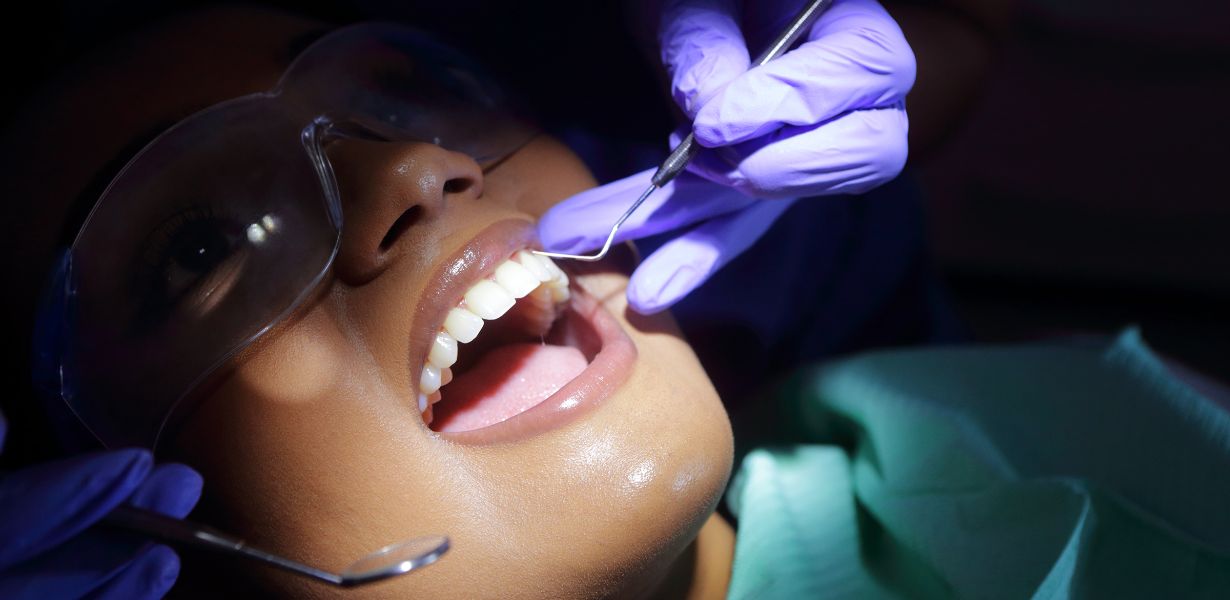
Tooth decay, a silent predator lurking within our mouths, is a pervasive oral health concern. Ignoring it can lead to excruciating pain, costly dental bills, and even tooth loss. In this comprehensive guide, we delve deep into the world of tooth decay, exploring the best ways to prevent it and even how to address it yourself if you suspect its presence.
The Sneaky Culprit: Tooth Decay Unveiled
Tooth decay, scientifically known as dental caries, occurs when the enamel (the outer layer of your teeth) deteriorates due to acids produced by harmful bacteria. It often starts as a barely noticeable white spot and, if left unchecked, can progress into a full-blown cavity.
Understanding Tooth Decay Causes
Sugar – The Culprit Within:
Tooth decay thrives on sugar. The bacteria in your mouth feed on sugars from the food you consume and produce acids that erode enamel.
Neglecting Oral Hygiene:
Inadequate brushing and flossing allow these harmful bacteria to flourish.
Acidic Foods and Drinks:
Consuming acidic substances weakens enamel, making it more susceptible to decay.
The Vicious Cycle of Tooth Decay
Tooth decay, if left untreated, follows a relentless cycle:
Demineralization:
Enamel loses minerals due to acid attacks.
Cavity Formation:
A small cavity develops.
Cavity Growth:
If untreated, the cavity expands.
Pulp Involvement:
Decay reaches the tooth’s inner pulp, causing excruciating pain.
Tooth Loss:
In severe cases, tooth extraction becomes the only option.
Tooth Decay Treatment Options
When it comes to addressing tooth decay, timely intervention is crucial. Several treatment options are available, depending on the severity:
Dental Fillings:
Dentists can remove the decayed portion and fill the cavity with materials like amalgam or composite resin.
Root Canal Treatment:
If the pulp is infected, a root canal procedure may be necessary to save the tooth.
Dental Crowns:
In cases of extensive damage, a dental crown can restore the tooth’s functionality and appearance.
How to Remove Tooth Decay Yourself?
While it’s essential to consult a dentist for proper treatment, you can take some measures at home if you suspect early-stage decay:
Oil Pulling:
Swishing coconut oil in your mouth for 15-20 minutes can help reduce harmful bacteria.
Use Fluoride Toothpaste:
Fluoride remineralizes enamel and can slow down early decay.
Maintain a Balanced Diet:
Reduce sugary snacks and acidic drinks.
Preventing Tooth Decay: Your Shield Against Oral Troubles
Prevention is the most potent weapon against tooth decay. Here are some steps to keep your smile radiant:
Brush and Floss Regularly:
Clean your teeth thoroughly at least twice a day.
Limit Sugar Intake:
Minimize sugary foods and drinks, especially between meals.
Fluoride Toothpaste:
Use toothpaste with fluoride to strengthen enamel.
Dental Check-ups:
Regular visits to the dentist can catch decay in its early stages.
Dental Sealants:
Consider sealants, a protective coating applied to the molars.
Maintain a Balanced Diet:
Incorporate calcium-rich foods for strong teeth.
Chew Sugar-Free Gum:
It stimulates saliva production, which helps neutralize acids.
Final Words
Tooth decay is a formidable adversary, but armed with knowledge and a commitment to oral hygiene, you can protect your teeth. Remember, prevention is easier and less expensive than treatment. Don’t wait for that twinge of pain; take action now to preserve your precious smile.
Commonly Asked Questions
Q1. Can I reverse tooth decay naturally?
While early-stage decay might be halted with good oral hygiene and a low-sugar diet, advanced decay often requires professional treatment.
Q2. Is tooth decay contagious?
No, tooth decay is not contagious, but the bacteria responsible for it can be transferred through shared utensils or kissing.
Q3. What are the symptoms of tooth decay?
Symptoms include tooth sensitivity, pain when biting, visible holes or pits in teeth, and bad breath.
Q4. How long does it take for tooth decay to develop?
The time it takes for decay to progress varies, but it can advance rapidly if left untreated.
Q5. Can tooth decay lead to other health problems?
Yes, untreated tooth decay can lead to gum disease, abscesses, and even systemic health issues if bacteria enter the bloodstream.




